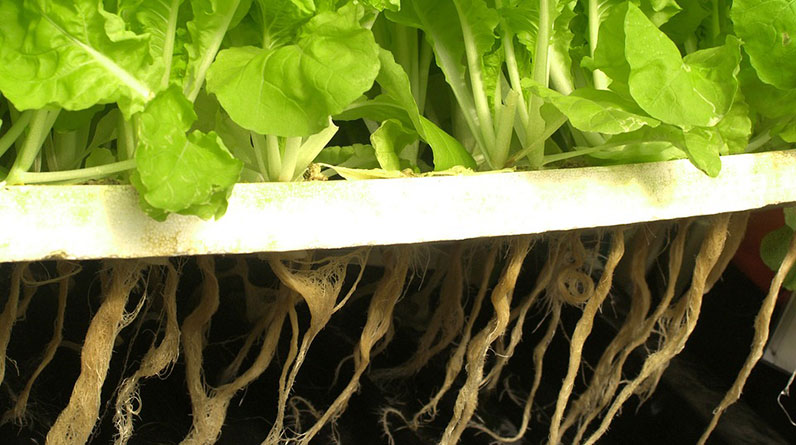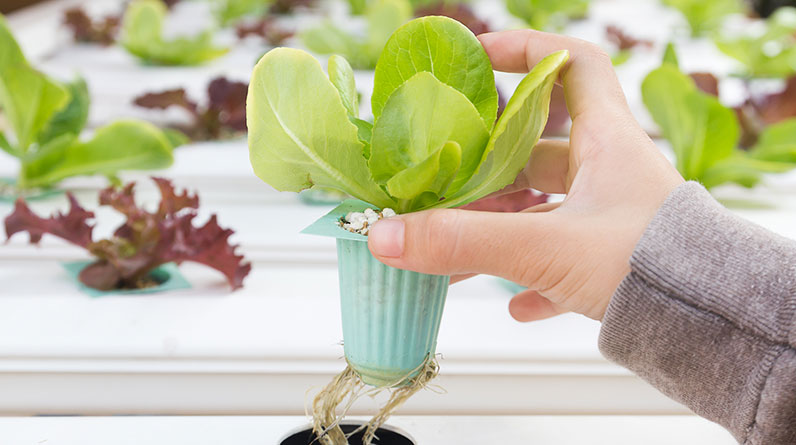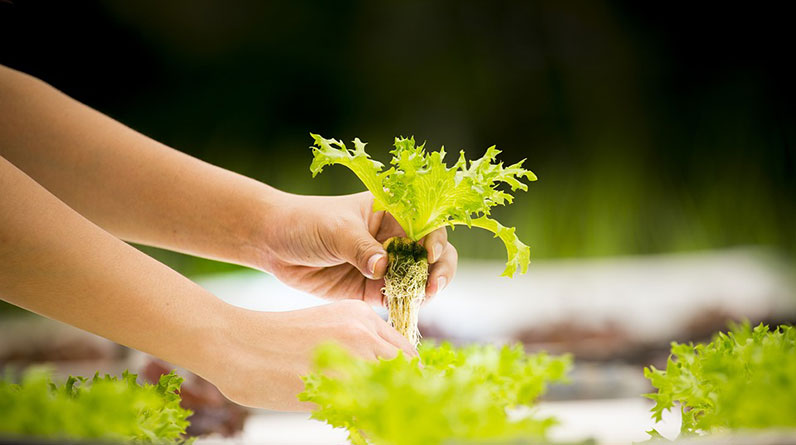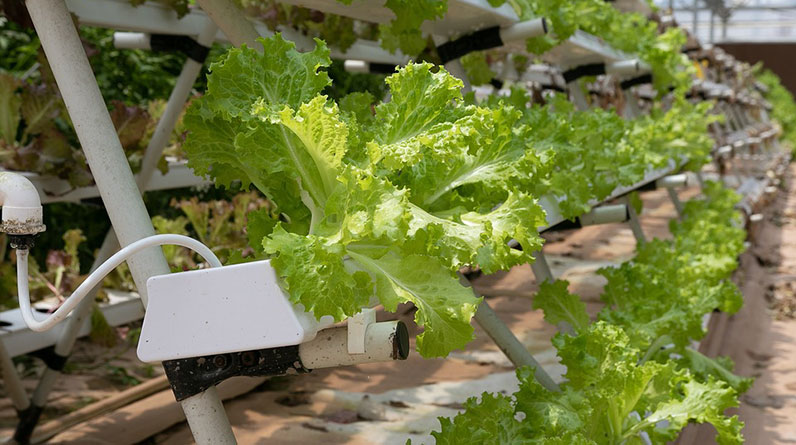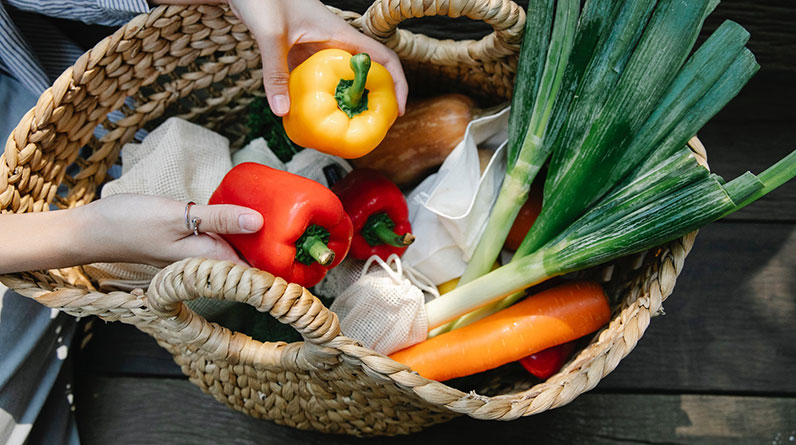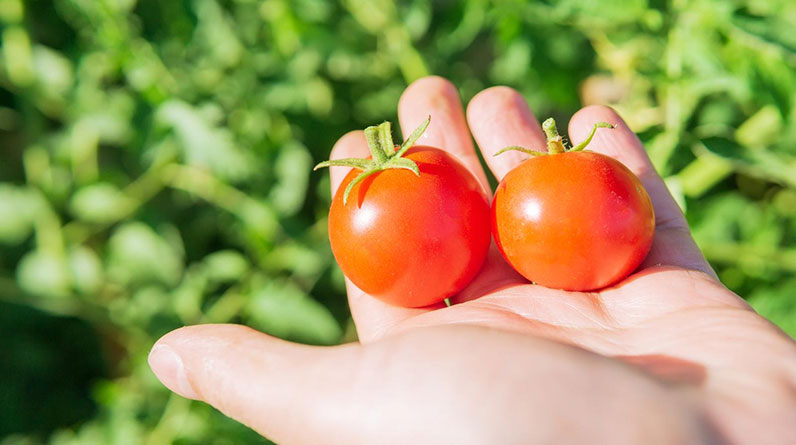
Benefits of Hydroponic Gardening
Hydroponic gardening is an excellent way to grow your own food. It offers numerous advantages, such as increased yields, minimal water use, and healthier plants.
Hydroponically grown plants don’t need soil, meaning there’s no weeding or worrying about pests and diseases. This makes hydroponically gardening an ideal choice for those with limited time or space to garden.
Advantages of Hydroponic Gardening
This type of gardening is an environmentally friendly alternative to traditional soil-based growing methods and can help reduce environmental impact.
Hydroponics offers one major advantage over soil-based growing methods: it requires less water. This reduces your environmental footprint significantly, especially in places with limited access to clean water sources.
Another advantage is that hydroponics does not need pesticides or herbicides to control weeds and other issues. These chemicals can lead to serious air pollution as well as environmental harm in other ways.
Hydroponic gardens offer another advantage, as they allow you to regulate temperature and climate. This makes it possible to produce crops year-round regardless of weather conditions.
Hydroponic systems also prevent weeds from growing, thus saving you the expense of chemical fertilizers that are often needed in traditional gardening. Furthermore, there’s no chance for fungi or bacteria to spread when plants are kept contained within an enclosed system.
Benefits for the Environment
One major advantage is its water efficiency compared to traditional gardening methods. This is possible thanks to recirculation techniques which recycle water, using up to 90% less water than field crop watering systems.
Another benefit is the avoidance of herbicides and pesticides, which can pollute air, soil, and bodies of water while harming the environment.
Additionally, organic gardening can help reduce carbon emissions generated during production – which is essential since greenhouse gas emissions contribute to global warming.
Hydroponically grown plants are safe for human consumption since they do not contain pesticides or chemical fertilizers. Plus, the environment in which they grow is controlled and insulated from external factors; thus, they do not experience the effects of weather or temperature changes.
Additionally, crops grown this way aren’t exposed to pests or diseases – another major benefit for the environment. Furthermore, it’s possible to grow these plants year-round in a closed environment.
Hydroponics utilizes a highly aerated nutrient solution, which ensures plant roots receive all essential nutrients necessary for growth. This saves them energy from having to search for these vital elements in soil, leading to healthier crops that produce more quickly.
Cost Savings with Hydroponic Gardening
Hydroponic gardening is more cost-effective than traditional farming methods, which use much more water. This becomes even more crucial when one considers that global food production consumes an increasing amount of freshwater annually.
Hydroponic gardening not only saves water, but also saves on fertilizers and other materials. Unlike soil-based systems, plants in hydroponic setups don’t need extra nutrients as their own roots provide all necessary nutrition for healthy growth.
Furthermore, the system can be applied on a large scale for crops like tomatoes and broccoli, enabling farmers to increase their yields while decreasing overall costs associated with production.
Hydroponic systems not only save money on fertilizers and equipment, but they can also reduce labor costs. Compared to soil-based agriculture which needs extensive labor to keep up with constant weeding and pest control needs, hydroponic systems don’t need as many people managing them day-to-day.
Hydroponics can be an ideal solution for small businesses and other organizations that may not have the resources to finance a large staff for maintenance, insurance, and related costs. Furthermore, companies can utilize hydroponics to engage with sustainability initiatives that will boost employee morale and make their workplace more eco-friendly.
One major advantage of hydroponic gardening is its ease of setup and upkeep. All you need is an air pump, nutrient reservoir, and growing mediums – which can all be made from recycled materials or purchased commercially at lower costs than for traditional soil-based gardens. Depending on the size of your hydroponic garden, these parts may even be recycled or purchased at commercial rates for cheaper costs than equivalent items from traditional soil gardens.
Increased Yields with Hydroponic Gardening
Hydroponic gardening offers you the advantage of growing more plants in a smaller space than traditional farming techniques, which in turn increases your yields.
Hydroponic plants tend to grow faster due to several reasons, but one major reason is the more nutrient-rich solution they receive which allows for rapid root development and reduces stress on the plants.
Another way to boost yields is by using a hydroponic fertilizer tailored specifically for your system. These are usually available at any gardening supply store and will help maximize the potential of your hydroponic garden.
One factor that can drastically decrease your yields is the temperature of the nutrient solution you’re using. High temperatures can stunt growth and reduce harvest size, so it’s essential to maintain an ideal temperature in the solution at all times.
Additionally, ensure the plant receives enough water to thrive. Overwatering can stress the plant and result in reduced yields.
Finally, keep a grower’s journal to document the changes you make to your hydroponic garden. This can help determine which factors are affecting your crops and enable you to fine-tune it over time.
Hydroponic gardening offers many advantages, which is why so many people opt for this method for their gardens. Not only does it save money and produce more food in less space, but with these tips, you can quickly increase your yields in no time!
Time Savings with Hydroponic Gardening
If you’re searching for an efficient way to grow your own plants, hydroponic gardening could be the ideal choice. Not only is it simpler and easier to manage than traditional gardens, but it also uses significantly less water.
Contrary to traditional soil gardens, which require you to dig and spread out your soil, a hydroponic system provides plants with an easy-to-use nutrient solution that feeds them directly. This eliminates the need for using soil, saving you precious time in the process.
Furthermore, you won’t have to worry about weeds or other undesirable growth; rather, your plants will thrive with only what they require for optimal success.
Hydroponics is an extremely low-maintenance hobby, making it ideal for those who don’t have the time or inclination to tend a large garden. All you have to do is fill your nutrient solutions with the correct amount of nutrients and let your hydroponic system take care of the rest.
The beauty of hydroponic farming is that it can be done virtually anywhere, including indoors. Many systems even feature artificial grow lights so you don’t even need to dedicate space outdoors for your crops!
By cultivating a large number of plants in a limited space, you can save money and effort. This is especially helpful for urban residents who wish to grow their own produce but lack either space or natural sunlight.
Hydroponic farming does have some drawbacks, such as the need for a substantial amount of tubing and containers to hold the solution, but it remains an effective alternative to traditional soil gardening. Furthermore, it uses much less water than its soil-based counterparts – up to 90 percent less!

